Mindful eating is more than a passing wellness trend; it represents a fundamental shift in the way we approach food. Instead of viewing meals as routine fuel stops, mindful eating encourages us to slow down, tune into our body’s signals, and transform the act of eating into a conscious practice of nourishment. By building awareness into every bite, we create not only healthier physical outcomes but also a stronger sense of balance and connection between body and mind.
Understanding Mindful Eating
At its core, mindful eating is the practice of being fully present during meals. This means noticing hunger cues before eating, staying engaged with the sensory experience of food, and respecting signals of fullness when they arise. Rather than eating out of habit, boredom, or stress, mindful eating encourages awareness of why, what, and how we eat.
Many of us eat distracted—scrolling on phones, watching TV, or rushing through meals in front of a computer. In these moments, food is consumed mechanically and without presence. Mindful eating seeks to break that cycle by encouraging intentional focus. It asks us to pause, savor, and approach food with curiosity instead of judgment.
Benefits of Mindful Eating
1. Weight Management
Mindful eating can be an effective tool for maintaining a healthy weight. Instead of relying on restrictive diets, it emphasizes listening to hunger and satiety signals, which reduces the tendency to overeat. Studies from the National Institutes of Health (NIH) show that mindful eating practices can help individuals develop long-term, sustainable weight management strategies by discouraging emotional or impulsive eating.
2. Improved Digestion
Digestion begins in the mouth, where chewing mechanically breaks food into smaller pieces while saliva enzymes start the digestive process. Eating too quickly bypasses this stage, making the digestive system work harder. By slowing down and chewing thoroughly, mindful eaters support better digestion and reduce discomfort like bloating and indigestion.
3. Enhanced Enjoyment of Food
When we eat mindfully, meals become an experience to be enjoyed rather than a task to be completed. Engaging with flavors, textures, and aromas deepens satisfaction and allows smaller portions to feel more fulfilling.
4. Reduced Stress and Anxiety
Mindful eating encourages calm and deliberate consumption. Instead of hurried meals, which can elevate stress hormones, mindful eating fosters a sense of relaxation. Taking time to eat slowly can even activate the parasympathetic nervous system, often referred to as the “rest and digest” state.
Steps to Practice Mindful Eating
1. Listen to Your Body’s Hunger Cues
Before eating, pause and assess your level of hunger. Ask yourself:
-
Am I truly hungry, or am I eating out of habit?
-
Is this physical hunger, or am I responding to stress, fatigue, or boredom?
Checking in with your body helps align eating with actual needs instead of external triggers.
2. Eliminate Distractions
Turn off the television, put away the phone, and step away from the computer. Eating without distractions helps you focus on the meal itself, making it easier to detect fullness and avoid mindless overeating.
3. Engage Your Senses
Notice the colors on your plate, the aromas rising from the food, the crunch of vegetables, or the creaminess of soup. When every sense is involved, eating becomes a rich, multi-layered experience.
4. Chew Thoroughly
Chewing not only helps with digestion but also slows the pace of eating. This gives the body time to register fullness signals, which often take 15–20 minutes to set in.
5. Pause During Meals
Try setting your utensil down between bites. A short pause creates space to notice your level of satisfaction before continuing.
6. Practice Gratitude
Spend a moment reflecting on the journey of your meal—from the farmers who grew it, to the people who prepared it, to the natural processes that made it possible. Gratitude shifts meals from routine to ritual.
The Science Behind Mindful Eating
Modern research has confirmed what ancient traditions long suggested: mindful eating impacts not just the experience of meals but also measurable health outcomes.
A study published in PubMed (Smith et al., 2023) found that individuals who practiced mindful eating showed improvements in metabolic health, including stabilized blood sugar levels and reduced cholesterol. Additionally, participants reported fewer episodes of emotional eating and binge eating.
Mindful eating has also been linked to better hormonal balance. By reducing overeating, the practice helps regulate insulin and leptin—two key hormones involved in hunger and satiety. These effects go beyond short-term benefits, supporting long-term metabolic health and reducing risks for conditions such as type 2 diabetes.
Practical Tips for Everyday Mindful Eating
Mindful eating doesn’t require elaborate rituals. Simple adjustments can bring awareness into daily routines:
-
Create a Calm Eating Environment: Sit down at a table, use real plates and utensils, and arrange food with care. A pleasant setting makes meals more intentional.
-
Set a Timer: Allow at least 20 minutes for meals, giving your body enough time to process satiety cues.
-
Start Small: If a full mindful meal feels overwhelming, begin with the first three bites of every meal eaten slowly and attentively.
-
Avoid “Eating on the Go”: Standing or rushing through meals trains the body to view eating as an inconvenience instead of nourishment.
What Dr. Sebi Says About Mindful Eating
Dr. Sebi emphasized natural, alkaline, and plant-based foods as a foundation for health. His teachings align closely with mindful eating, which values intentional choices and respect for food’s origin.
1. Focus on Whole Foods
Dr. Sebi advocated for unprocessed, whole foods. Choosing ingredients in their natural state makes meals simpler, cleaner, and more aligned with the body’s needs.
2. Alkaline-Rich Choices
Central to Dr. Sebi’s philosophy was the promotion of alkaline foods to help maintain the body’s natural pH balance. Mindful eaters can integrate this approach by choosing fresh fruits, vegetables, nuts, herbs, and seeds over processed alternatives.
3. Intentional Eating
Dr. Sebi highlighted the importance of conscious consumption—eating foods that not only fuel the body but also respect the planet. Mindful eating follows the same principle, encouraging choices that benefit both personal and environmental health.
By combining mindful awareness with alkaline principles, eaters cultivate a relationship with food that promotes vitality and balance.
Common Challenges and How to Overcome Them
Adopting mindful eating isn’t always easy. Some common hurdles include:
-
Emotional Eating: Stress, sadness, or even celebration can trigger eating unrelated to hunger. Strategy: Pause before eating and check if another coping tool—like journaling, walking, or calling a friend—would better serve the moment.
-
Busy Schedules: Many people feel too rushed for mindful meals. Strategy: Start with one mindful snack per day and build gradually.
-
Portion Habits: Large portions can override fullness cues. Strategy: Serve food on smaller plates to naturally reduce portion sizes without deprivation.
Frequently Asked Questions
What are the basics of mindful eating?
Mindful eating centers on awareness: listening to hunger cues, savoring flavors, chewing slowly, and eliminating distractions.
How can mindful eating help with weight loss?
By encouraging awareness and respect for satiety, mindful eating helps prevent overeating. This supports healthy weight management without strict dieting. Cleansing & detoxing can also support weight loss and can improve metabolism. Our 21-Day Detox is the perfect package to get started.
Is mindful eating suitable for everyone?
Yes. Mindful eating is universally beneficial, adaptable across different cultures, diets, and lifestyles.
Can mindful eating improve digestion?
Absolutely. By slowing down and chewing thoroughly, mindful eating works with the body’s natural digestive process.
Conclusion
Building a conscious relationship with food is a transformative journey. Mindful eating allows us to reconnect with the experience of nourishment, break free from cycles of distraction or emotional eating, and cultivate gratitude for every meal.
When paired with Dr. Sebi’s emphasis on alkaline, plant-based foods, mindful eating becomes even more powerful—supporting not only personal well-being but also harmony with nature. By listening to our bodies, slowing down, and eating with awareness, we enrich our health and deepen our connection to the world around us.
Mindful eating is not about rigid rules; it is about presence. Every bite becomes a reminder of life’s abundance and an opportunity to honor the body with the nourishment it deserves.

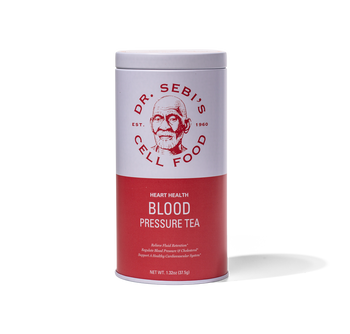
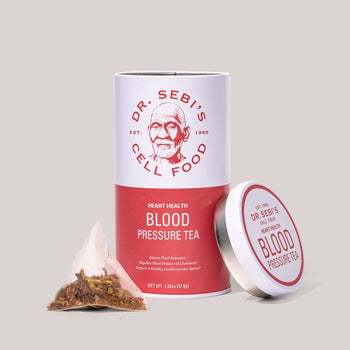
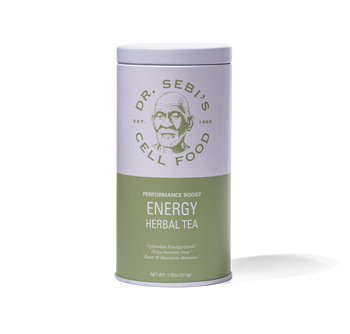
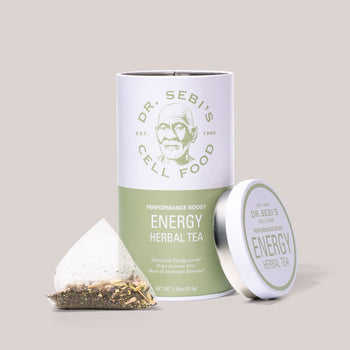
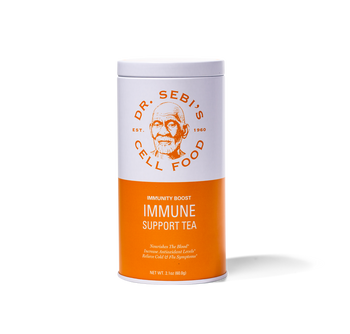
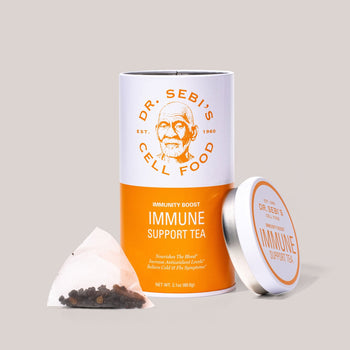
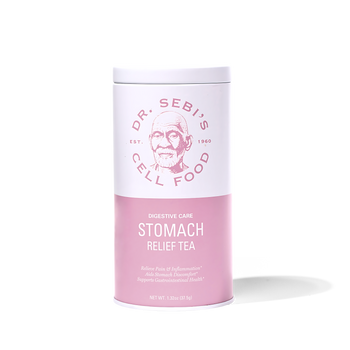
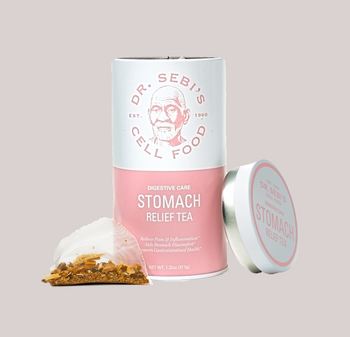
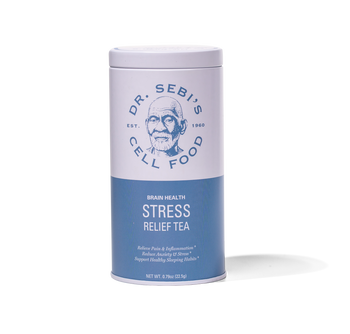

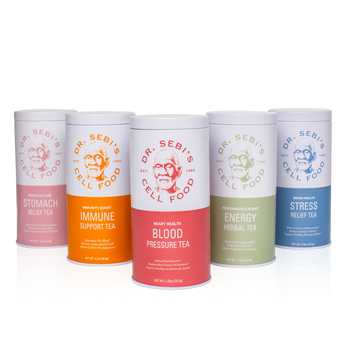 Liquid error (snippets/card-product line 54): invalid url input
Liquid error (snippets/card-product line 54): invalid url input

















































